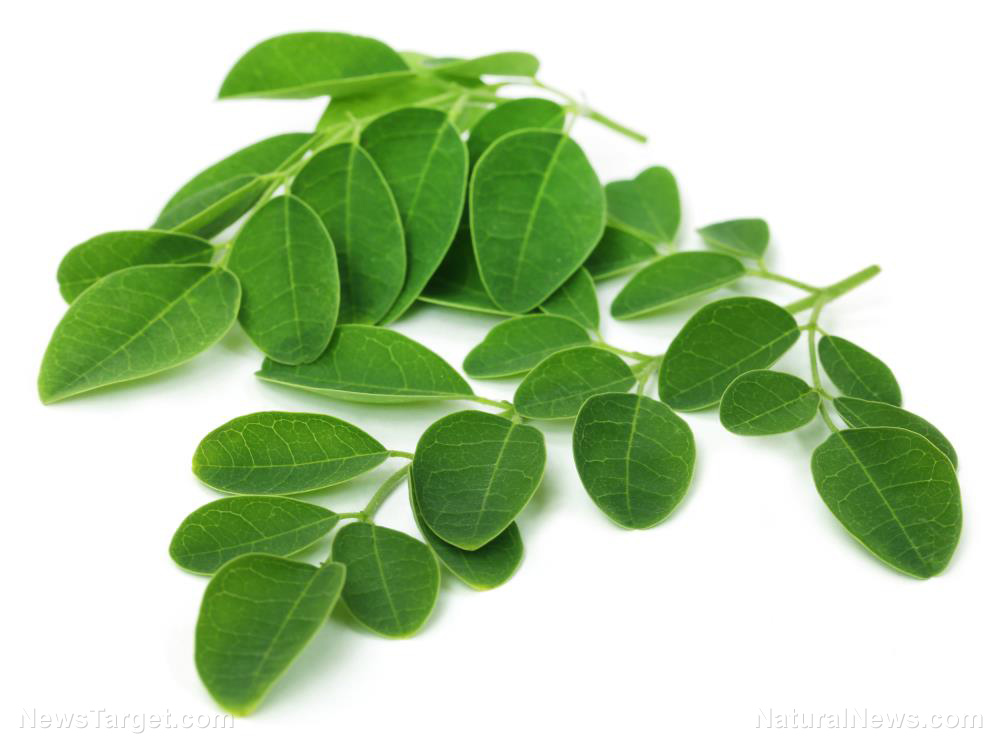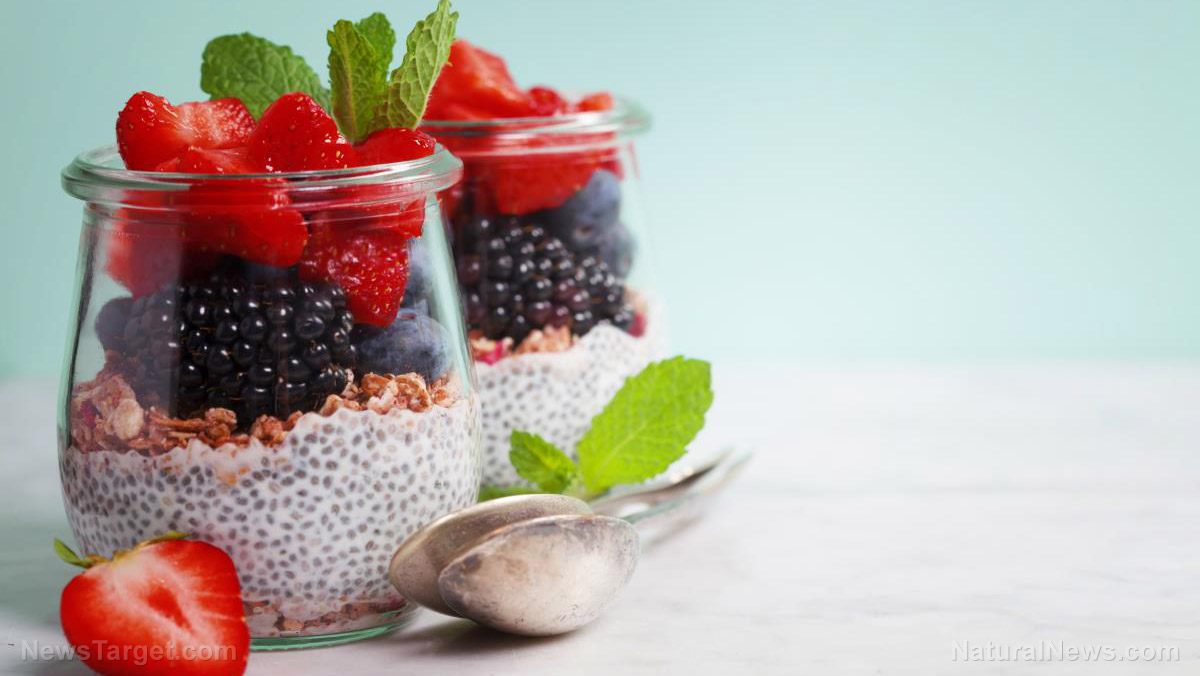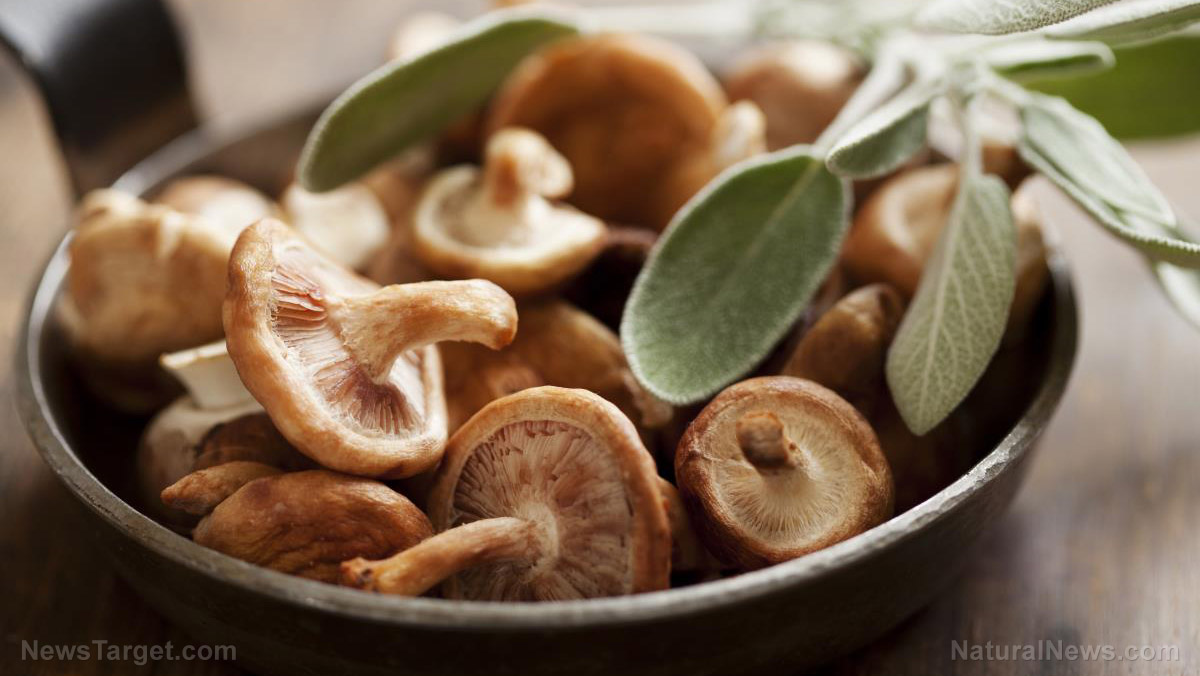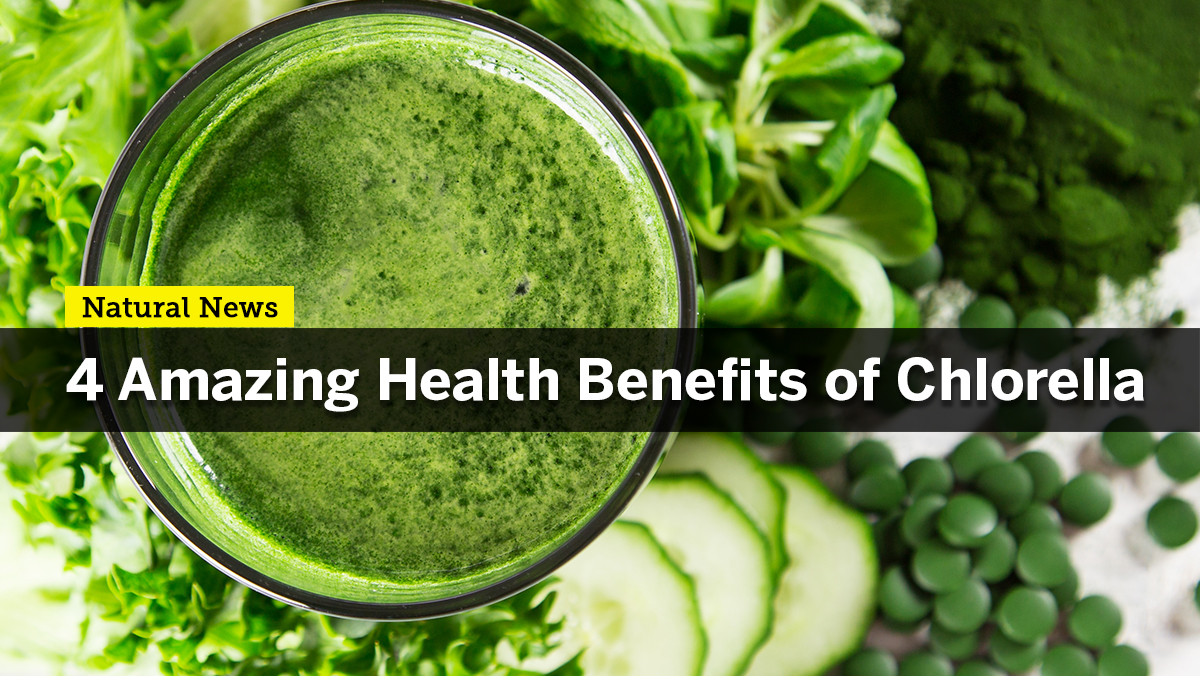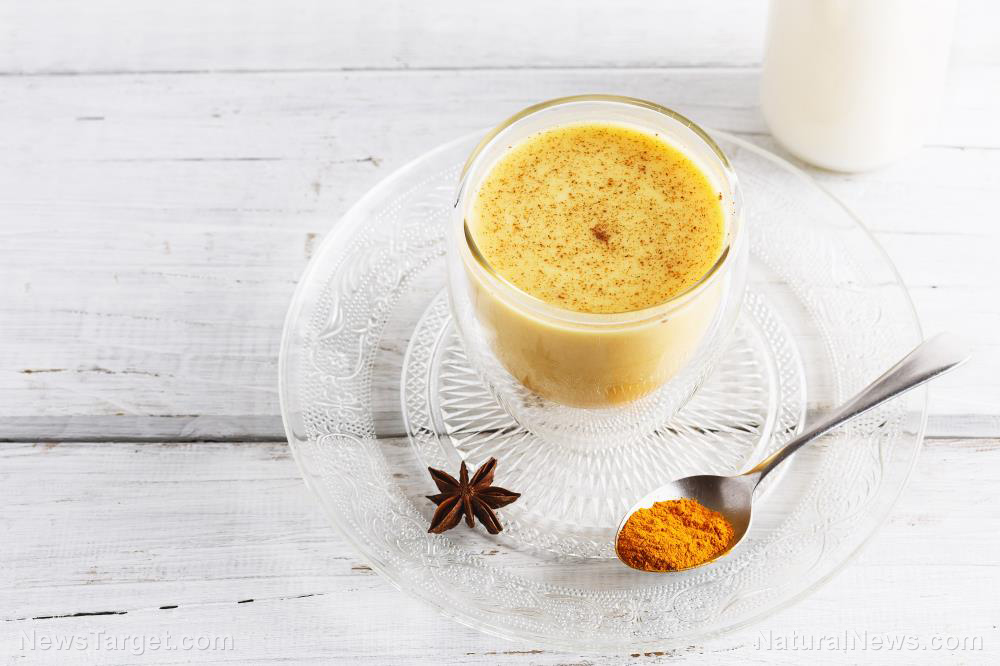Reduce inflammation and disease the tasty way: Add these healthful spices to your diet
08/06/2019 / By Stephanie Diaz
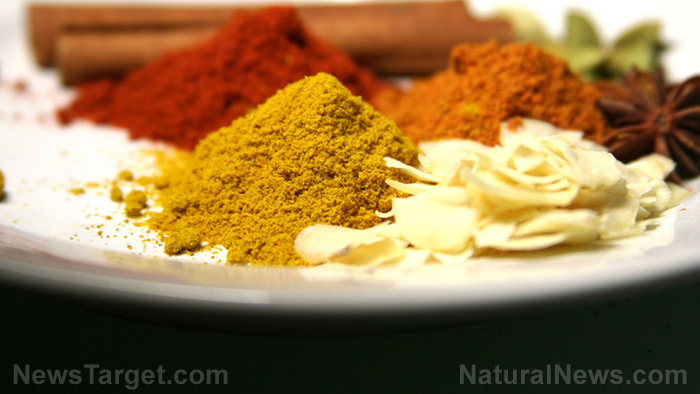
Inflammation is at the core of many diseases. It occurs when tissues are damaged through trauma or harmful substances like pathogens or bacteria. Inflammation often causes redness, swelling, and pain, as well as heat. While inflammation is the body’s natural response to restore function, too much of it can have adverse effects on health. Typically, inflammation is treated with anti-inflammatory drugs. However, there are far safer and easier (and tastier!) ways to treat this condition. Certain spices are known to have anti-inflammatory properties – consider adding them to your diet to help manage inflammation.
Spice up your dishes and your health
The spices listed below are versatile ingredients that can be added to almost any dish. Moreover, scientific data stand by the anti-inflammatory prowess of these tasty ingredients.
Turmeric
Turmeric is among the best spices that have anti-inflammatory properties. Its active compound, curcumin, is known to help manage inflammation in the body.
This bright yellow spice is a popular ingredient in many cuisines. It is also used in various tea preparations.
Ginger
Ginger is a zesty spice that has been used in traditional medicine to cure various ailments like stomach pains and headaches, as well as infections. Studies show that regular consumption of ginger can help manage the symptoms of osteoarthritis, a common inflammatory condition.
Ginger is a popular ingredient in many cuisines. It is available in powdered form in most supermarkets, but it is best to use it fresh.
Cayenne
Cayenne pepper is a popular spice and traditional medicine throughout the world. It contains capsaicin, a compound known for its anti-inflammatory properties. Animal studies show that capsaicin can decrease inflammation in the body by restoring the balance of “good” and “bad” bacteria in the intestinal tract.
When added to dishes, cayenne pepper provides a wonderful heat that helps boost a variety of flavors.
Cinnamon
Cinnamon is a tasty spice that is often added to cakes and other desserts. It fights inflammation by inhibiting the activity of arachidonic acid and TNF-a – molecules that are known to cause inflammation.
A good way to add flavor to a morning cup of coffee or tea is by sprinkling it with a dash of cinnamon.
Nutmeg
Nutmeg is a spice traditionally consumed during the Christmas season. It has a warm and mild pungent flavor that goes well with dessert drinks and cakes.
Nutmeg fights inflammation by preventing molecular processes such as nitric oxide synthesis. Moreover, it provides relief from pain and inflammation by inhibiting the activity of pain-causing substances, such as cyclooxygenase-2.
Black pepper
Black pepper contains an anti-inflammatory compound called piperine. Research shows that black pepper can block early inflammatory response attributed to acute injuries and immunity. This spice is also known to treat headaches and prevent gout inflammation.
Black pepper is an all-around ingredient that can be added to many dishes. It can even be combined with turmeric in tea preparations to boost their anti-inflammatory activities.
Cloves
Cloves contain eugenol, a compound known to reduce inflammation in tissues and organ systems. Traditionally, cloves are used to treat stomachache, nausea, and oral inflammation.
Cloves are available in powdered form, but it is best used fresh. Cloves can be added to soups, stews, and other savory dishes to boost flavor.
The list doesn’t end here. Read up on more anti-inflammatory spices that can give your dishes and your health the “zing” they need at SuperfoodsNews.com.
Sources include:
Tagged Under: anti-inflammatory, black pepper, capsaicin, cayenne, cinnamon, Cloves, curcumin, disease treatments, eugenol, food cures, food is medicine, functional food, ginger, nutmeg, piperine, Spices, traditional medicine, turmeric
RECENT NEWS & ARTICLES
COPYRIGHT © 2017 PHYTONUTRIENTS NEWS

